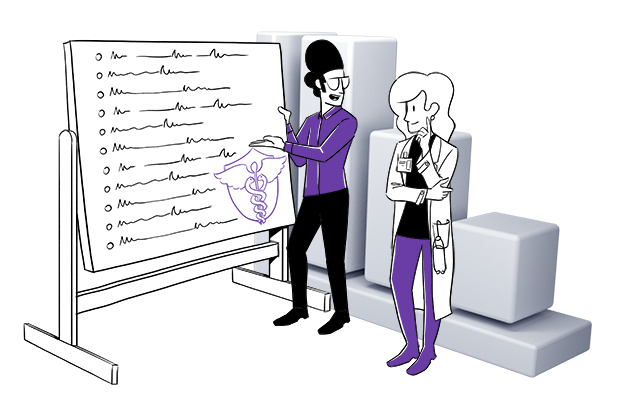HIPAA focuses on healthcare organizations and how personal health information is used in the US. GDPR, on the other hand, is broader legislation that supervises any organization handling personally identifiable information (PII) of an EU or UK citizen.
GDPR governs the use of and applies to all personal data of persons within its scope. In contrast, HIPAA’s narrower scope only applies to HIPAA-protected health information (PHI).
GDPR sets compliance standards for all entities within its scope. HIPAA sets standards for covered entities and business associates (BAA).
Regarding consent, GDPR requires explicit consent for processing personal health data (which falls under sensitive data). However, the data may be processed without consent if it meets one of the processing conditions in Article 9 of GDPR and a legal basis applies.
A HIPAA authorization is consent obtained from an individual that permits a covered entity or business associate to use or disclose that individual’s protected health information to someone else for a purpose otherwise not permitted by the HIPAA Privacy Rule. HIPAA allows disclosure of some PHI for 12 national priority purposes, including treatment purposes, without the individual’s consent (authorization).
We’ve written some posts to help you understand GDPR requirements and how they might apply to you:
Be sure to also read our HIPAA-related content:









